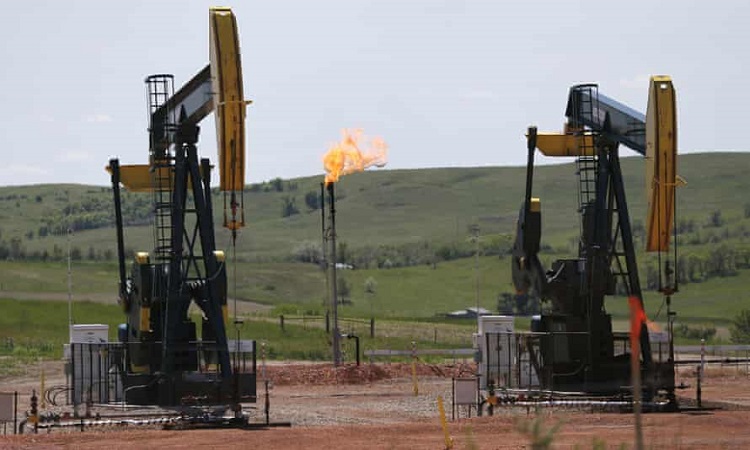The United Nations (UN) warned that the urgent reduction of methane emissions into the atmosphere is essential to combat climate change. This, according to a report published on May 6, 2021 by the UN Climate and Clean Air Coalition.
According to the study, prioritizing methane is the most effective strategies, in terms of cost and time, to prevent an increase in the average temperature of the earth of 1.5 degrees. Currently available actions could reduce these emissions by 45%, 180 million tons per year, by 2030. In turn, avoid an expected increase of 0.3ºC by 2040 in the average temperature of the earth.
Inger Andersen, executive director of the UN environment program, said in this report “we cannot achieve the Paris Accords without immediately reducing methane as well as carbon dioxide and other emissions. This reduction could increase the performance of the world harvests at 26 million tonnes per year. ”
Methane is a greenhouse particle 10 times more powerful than carbon dioxide, despite having a shorter lifespan. It is the second substance that contributes the most to climate change in addition to contributing to the formation of ozone at the ground level, causing 1,430 premature deaths a year and 145,000 tons of lost crops.
On the other hand, the study revealed that 95% of methane emissions originate from three activities: the burning of fossil fuels (35%), agriculture (40%) and waste (20%). In particular, these are oil and gas extraction, mining, ranching, fermentation, and rice cultivation. The study points out that at least 60% of the mitigation goal (70 million tons per year) will entail costs below 600 dollars per ton.
As defined by the United Nations Framework on Climate Change in 1992 and enshrined in the Paris Accords, it is essential to keep global warming below 1.5ºC to avoid a point of no return. While attention is focused on the biggest polluter, carbon dioxide, a new UN study points to the importance of addressing methane emissions.
The United Nations (UN) warned that the urgent reduction of methane emissions into the atmosphere is essential to combat climate change. This, according to a report published on May 6, 2021 by the UN Coalition for Climate and Clean Air.
According to the study, prioritizing methane is the most effective strategies, in terms of cost and time, to prevent an increase in the average temperature of the earth of 1.5 degrees. Currently available actions could reduce these emissions by 45%, 180 million tons per year, by 2030. In turn, avoid an expected increase of 0.3ºC by 2040 in the average temperature of the earth.
Inger Andersen, executive director of the UN environment program, said in this report “we cannot achieve the Paris Accords without immediately reducing methane as well as carbon dioxide and other emissions. This reduction could increase the performance of the world harvests at 26 million tonnes per year. ”
Methane is a greenhouse particle 10 times more powerful than carbon dioxide, despite having a shorter lifespan. It is the second substance that contributes the most to climate change in addition to contributing to the formation of ozone at ground level, causing 1,430 premature deaths per year and 145,000 tons of lost crops.
On the other hand, the study revealed that 95% of methane emissions originate from three activities: the burning of fossil fuels (35%), agriculture (40%) and waste (20%). In particular, these are oil and gas extraction, mining, ranching, fermentation, and rice cultivation. The study points out that at least 60% of the mitigation goal (70 million tons per year) will entail costs below 600 dollars per ton.
As defined by the United Nations Framework on Climate Change in 1992 and enshrined in the Paris Accords, it is essential to keep global warming below 1.5ºC to avoid a point of no return. While attention is focused on the biggest polluter, carbon dioxide, a new UN study points to the importance of addressing methane emissions.




